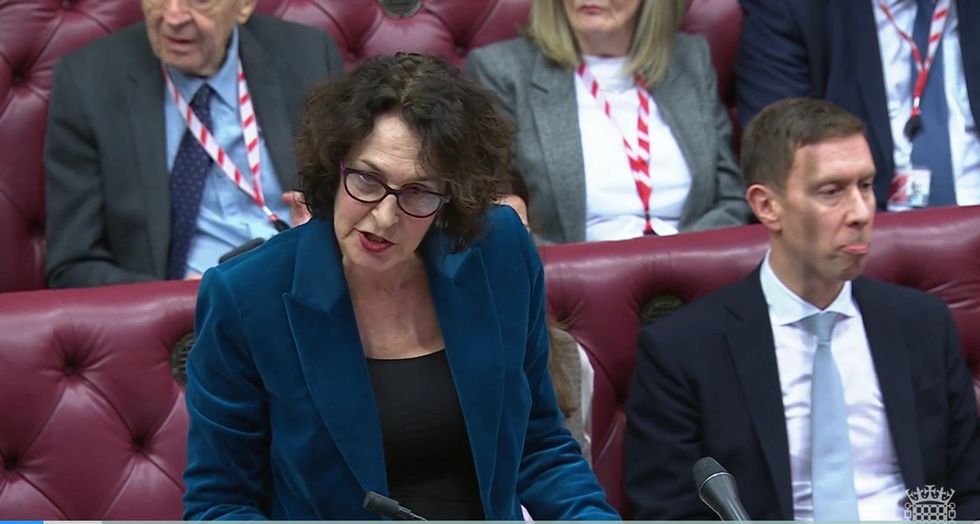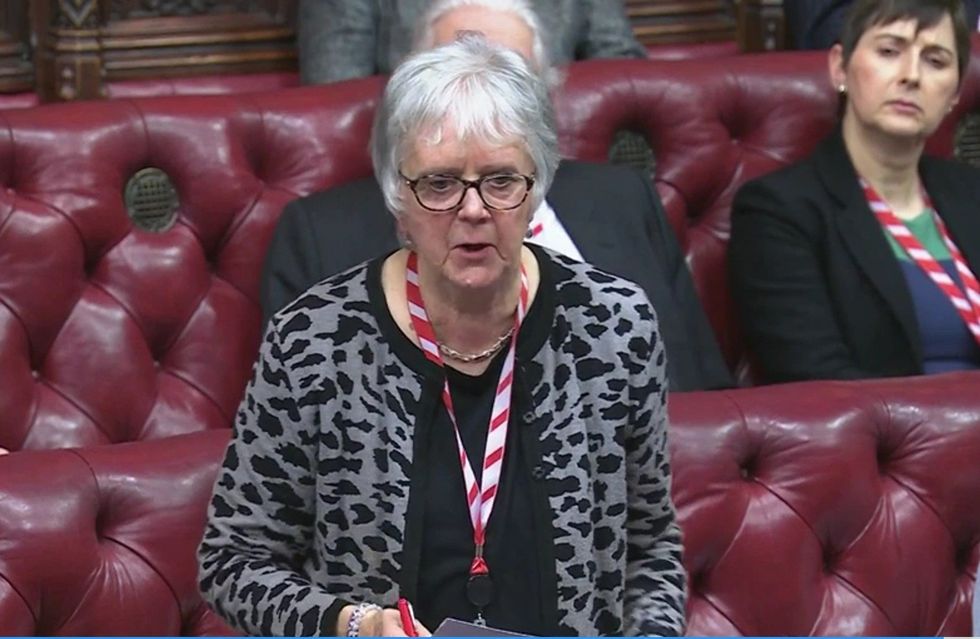Health minister Baroness Merron attributed most recent community pharmacy closures to large chains "optimising their portfolios"
During a debate in the House of Lords on Tuesday, January 28, many Peers raised concerns about the critical issues currently affecting community pharmacy, including closures, funding challenges, medicine supply instability, and increasing operational pressures.
Opening the session, Baroness Bakewell of Hardington Mandeville (Liberal Democrat), questioned the government on its plans to prevent further community pharmacy closures.
In response, health minister Baroness Merron confirmed that the government has recommenced the consultation with Community Pharmacy England (CPE) on funding arrangements.
Baroness Bakewell further asked the Minister whether she believes pharmacies are in a healthy state to support the Pharmacy First service, highlighting the loss of 1,200 pharmacies in England since 2017 and an annual funding shortfall exceeding £100,000 per pharmacy.
While Baroness Merron acknowledged these concerns, she noted that 98 per cent of pharmacies have signed up for Pharmacy First and she is “very glad at how it’s developing”.
Regarding declining pharmacy numbers, the Minister said that the majority of recent closures were “the result of large pharmacy chains optimising their portfolios.”
However, she emphasised that Integrated Care Boards (ICBs) must consider pharmaceutical needs assessments when reviewing applications for new contractors to ensure service gaps are addressed.
Additionally, she stressed that “it is important to look at some of the reasons for the closures.”

Community pharmacy underutilised
Former cabinet minister Lord Fowler (Crossbench) argued that community pharmacies have not been used to their full potential and called for a policy enabling them to make “an even bigger contribution to public health in this country”.
Baroness Merron agreed, admitting that community pharmacies’ vital role and the opportunities that they offer were “not exploited as much as they could have been.”
She reiterated the government’s commitment to working with CPE to agree “a package of funding that is reflective of the important support that they provide to patients.”
Lack of GP referrals to Pharmacy First
Baroness Winterton of Doncaster (Labour) pointed out that some GPs have been unwilling to direct patients to community pharmacists under the Pharmacy First programme.
She asked whether further action was needed to ensure that GPs collaborate effectively with community pharmacists.
Baroness Merron acknowledged these reports but noted that Pharmacy First is a new service and “it needs to bed in.”
She outlined efforts to address the issue, including NHS England’s collaboration with ICBs, GPs, and the community pharmacy sector to improve referrals.
Additionally, she highlighted that funding has been allocated to ICBs for Primary Care Network engagement leads, who will support GP teams in directing patients to Pharmacy First.
She assured Peers that the government is “acting on it” and will “continue to keep it under review.”

Pressure due to medicine supply instability
Baroness Finlay of Llandaff (Crossbench) emphasised the crucial role community pharmacies play in alleviating pressure on general practice, saving an estimated 38 million GP consultations each year.
However, she expressed concern over ongoing medicine shortages, citing reports that 97 per cent of pharmacy staff struggle to access prescribed medicines.
She asked if the government plans to allow community pharmacies to modify prescriptions, as recommended by Community Pharmacy England, rather than spend time “recontacting the GP when they are themselves familiar with the items”.
Baroness Humphreys (Liberal Democrat) echoed these concerns, warning that medicine supply instability “puts operational pressure on pharmacies, financial pressures on businesses and for patients, it can mean alarming delays”.
The Minister acknowledged that “there are some difficulties with the supplies of certain medicines” and that has been going on for some time.
She stated that "work is ongoing" to resolve the issue and ensure that the supply chain is “secure and robust and can meet the demands on it” but noted it “requires a detailed look.”
She added that NHS England has commissioned an economic analysis of the cost of providing pharmaceutical services, which will inform future funding arrangements.


















